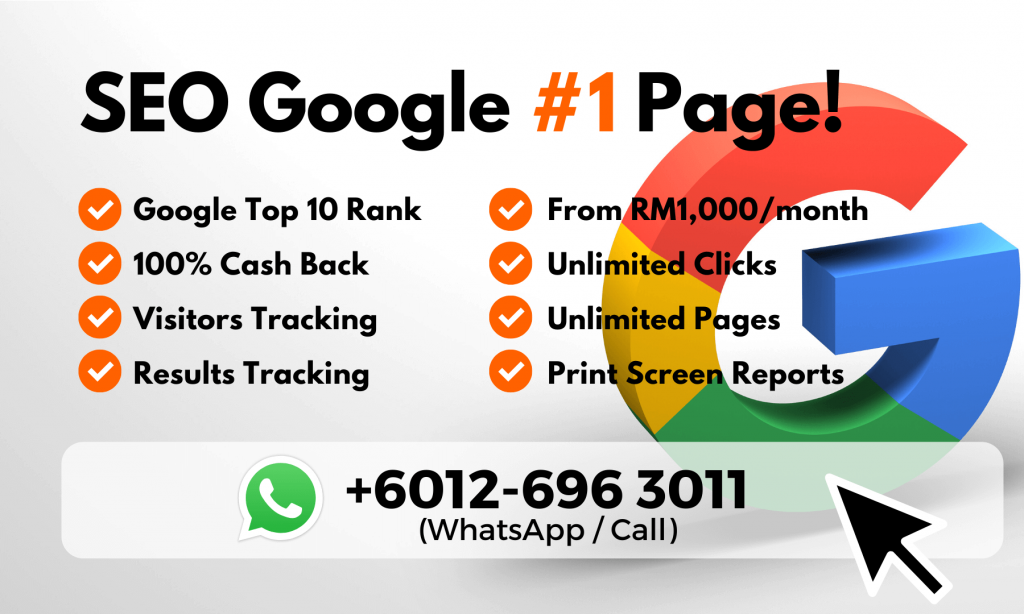
01 Feb Why is seo important for every business?
You’ve undoubtedly heard that Search Engine Optimization (SEO) is an important digital marketing technique a hundred times. But do you actually understand how SEO works? Even if you have a general idea of what it comprises, you may not have a firm handle on this intricate and diverse process.
SEO is made up of several components, and understanding what they are and how they operate is critical to understanding why SEO is so essential. In summary, SEO is critical because it increases the visibility of your website, which means more visitors and more opportunity to convert prospects into consumers. Examine the SEO tools available to you for improved ranking.
It’s also a useful tool for increasing brand recognition, cultivating connections with prospects, and establishing oneself as an authoritative and trustworthy authority in your sector. So here’s all you need to know about SEO and why it’s so important in today’s digital environment.
The Essentials of SEO Marketing
Keywords
Keywords are no longer the sole SEO approach that matters, but that doesn’t mean they aren’t still important. The difference now is that keywords must be well-researched, carefully picked, and utilized sparingly in your content to be successful.
But what precisely are keywords? Keywords are terms and phrases that prospects use to access online material, which companies may then use to interact with prospects who are interested in their products and services.
When performing the key steps of keyword research, it is critical to look for keywords with high search rates and low competition, as well as to select short-tail keywords (such as dog), long-tail keywords (such as terrier puppies for sale), and local keywords (such as puppies for sale in Boston) to incorporate into your content. Along with a major or seed keyword, secondary and tertiary keywords should be included since they will still provide value to your organization. Finally, optimize all of your titles, URLs, and other on-page SEO components with keywords (more on that later…)
Content
Content is an essential component of SEO since it is the vehicle through which you reach and engage people. Knowing your angle and creating content that meets the bill are critical.
For example, if you ran a nursery and wanted to boost your visibility, you might write a series of blogs about gardening, plant selection, growth advice, and other topics. When someone searching for gardening knowledge comes across your blog, you’ll be able to create a relationship with that prospect by offering helpful information. The idea is that if that prospect needed to buy a plant, for example, you’d be the first nursery that sprang to mind.
Today’s material must be both informative and entertaining, topical, and shareable. Content is available in a variety of formats, including:
- Website content
- Videos
- Blogs (it’s simple to set up your own blog for practise!)
- Infographics
- Podcasts
- Listicles
- How-to manuals
- Ebooks and whitepapers
- Posts on social media
- Listings in Your Area
Off-page SEO
Off-page SEO refers to external optimization efforts that take place outside of your website rather than on it.
Backlink building is the major approach used for off-page SEO since excellent backlinks to your site from external sites notify search engines that your site is useful and of high quality, which helps to develop authority.
Backlink building strategies vary, but some of the current best practises include guest blogging, developing a large number of infographics that will be widely shared, and incorporating influencer marketing into your content.
P.S. You can read a comprehensive guide on on-page and off-page SEO to ensure you understand the distinction and make the most of both. Furthermore, some experts are starting to refer to off-page SEO as “reputation building.”
Local SEO
Local SEO is becoming increasingly crucial as more people search using mobile devices. Nowadays, mobile devices account for 60% of all searches, with roughly half of those queries having a local purpose.
So, if you run a restaurant, local SEO will ensure that when people in your region search for the top restaurants in town, they will find your site.
Other local SEO recommended practices, in addition to employing local keywords, include claiming directory listings, establishing location-specific pages for your site, and generating pages for your business (also known as doorway pages) on Google My Business local directories and Google Maps.
Search Engine Marketing
Search Engine Marketing (SEM) include paid marketing activities such as native advertisements, Google AdWords, social media ads, pay-per-click (PPC), Google shopping ads, display ads, and more.
Although SEM isn’t necessarily a necessary component of a comprehensive SEO strategy, it may help you reach new and highly targeted consumers. You may also make SEO and SEM operate in tandem.
SEM advertising efforts include the following:
- Campaigns that are paid and targeted
- Copy that is keyword-rich and directly related to your company or product.
- Click-through rates (CTR) and cost-per-click (CPC) are two performance measures (CPC)
Understanding the Importance of Search Engine Optimization for Modern Businesses
Rankings and Visibility
Increased visibility, which means making it simpler for prospects to find you when they search for anything you have to offer, is one of the most significant tasks of SEO. Your rating is closely proportional to your visibility.
The higher you rank on a search engine result page (SERP), the more likely prospects will notice you and click through to your site, thus improving your organic page ranking is critical. The more successful your SEO efforts, the higher your position and visibility, which is especially crucial given that a quarter of online visitors never click past the first SERP.
Web Traffic
One of the primary aims of SEO is to increase online traffic, and you may improve traffic by increasing visibility and ranks. Consider this: the top place on a Google search receives roughly 32% of clicks, and going up just one slot in search results may raise CTR by an incredible 30.8 percent.
For many marketers, the ‘Featured Snippet,’ often known as position #0 since it shows above the first ranking URL, is the holy grail. This is often information pulled from a landing page on a blog that answers a subject people are searching for and may significantly increase your organic click-through rate.
So, if you want more people to see your website through a search engine, you must employ SEO methods that will help you rank in the top five, ideally number one.
Authority
Page Authority (PA) is becoming more significant to search engines as it is to online users. Simply said, authority implies that your website is reliable, of high quality, relevant, and has something to offer.
Scores vary from 1 to 100, with the higher your number indicating greater authority for your site. You can determine your PA rating using tools like Moz, and while it’s tough to change, many SEO professionals feel it has something to do with link profile – acquiring external links from reliable and well-visited sites.
Improving the Visitor Experience
Another reason SEO is important is that all of the work you spend into creating outstanding content and on-page SEO optimization increases your site’s usability. This results in a smooth and good client experience.
For example, taking measures to make your site responsive will make it useful for all of your mobile users as well as those who visit from a laptop or desktop computer. Similarly, boosting your page load speed can lower your bounce rate and encourage users to stay on your site longer. Consumers demand a website to load as rapidly as possible, with a time limit of no more than three seconds! The longer it takes for your page to load, the greater your bounce rate and the lower your conversions.
Keep in mind that search engines are not without flaws.
Because search engines aren’t perfect, SEO is essential. If you do not take action to address these shortcomings, your website will suffer as a result.
For example, if a site lacks a good link structure, search engines may not correctly crawl and index the site, resulting in lower ranks. Coding problems may completely block search engines, making it difficult for your site to rank, regardless of how much work you put into other SEO efforts. Other typical locations where search engines might encounter issues are:
- Pages that are duplicates
- Forms
- Images, audio files, video, and other non-textual content are all acceptable.
- Semantics and Language


